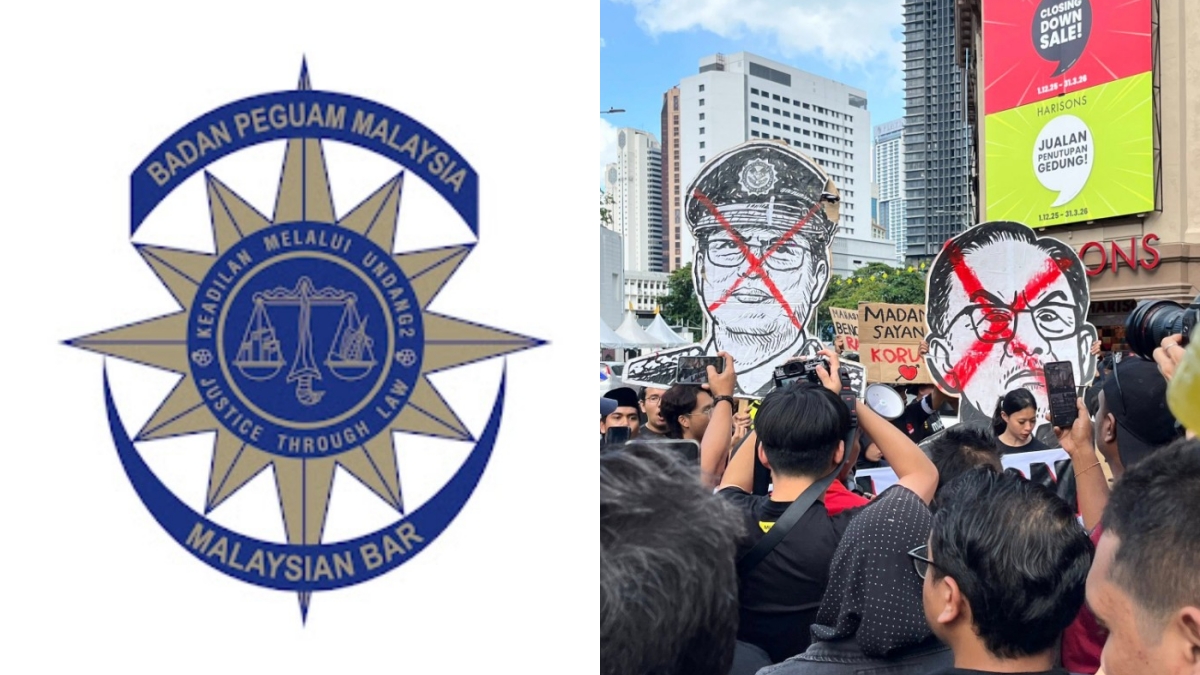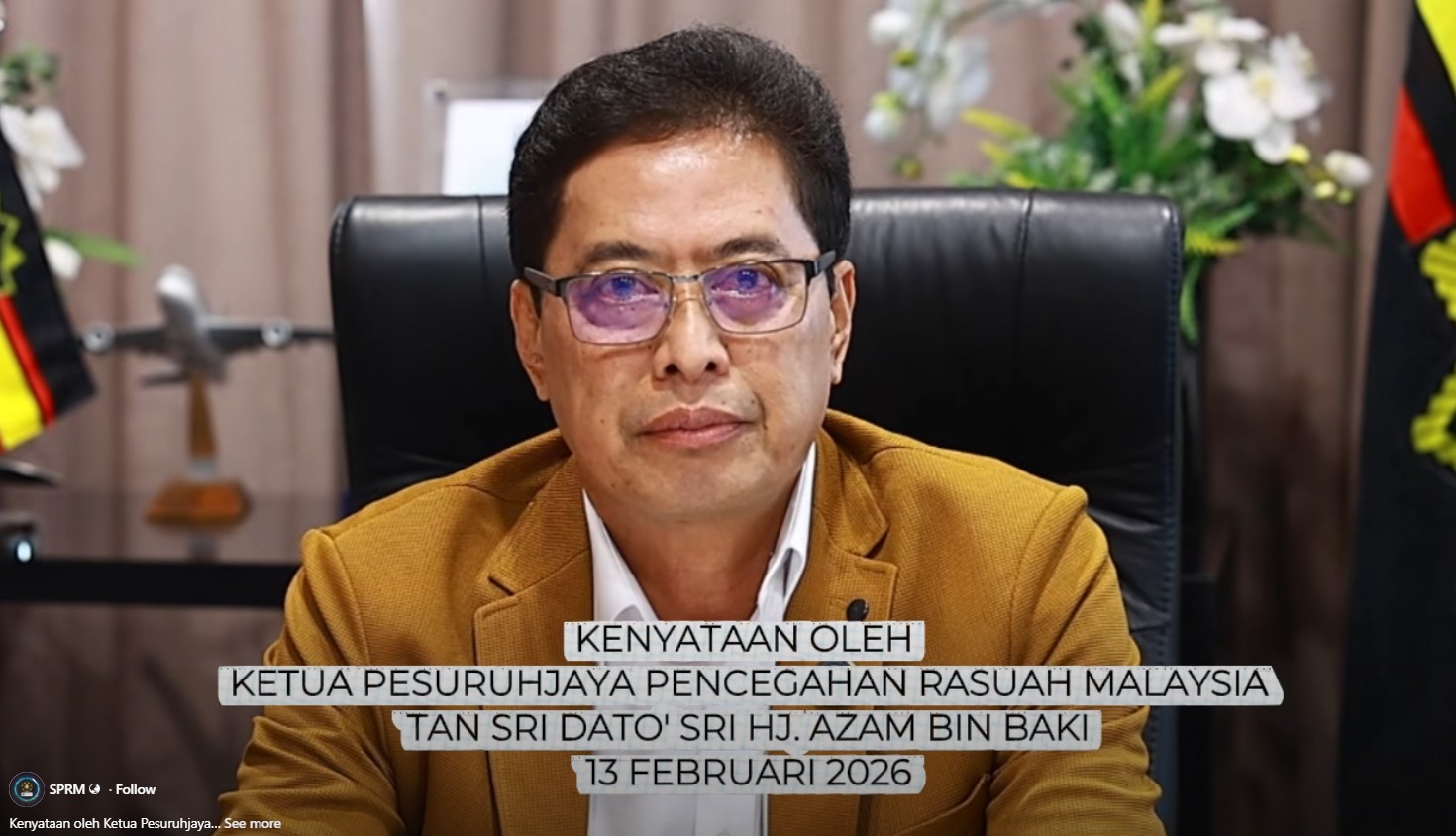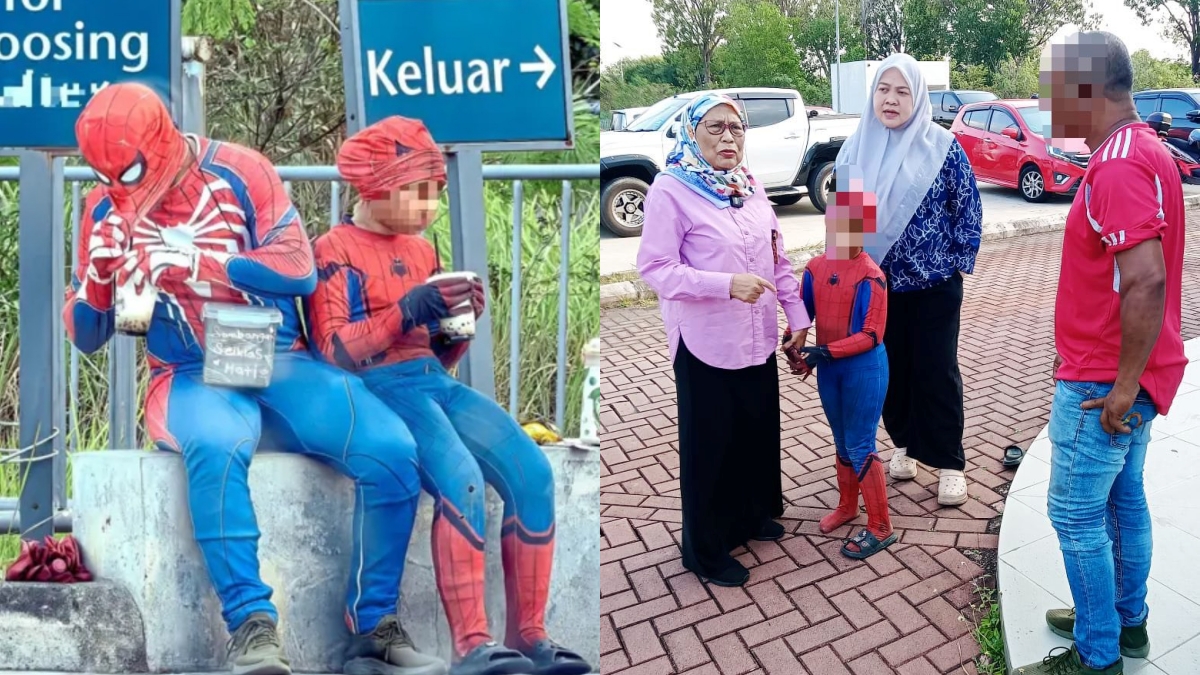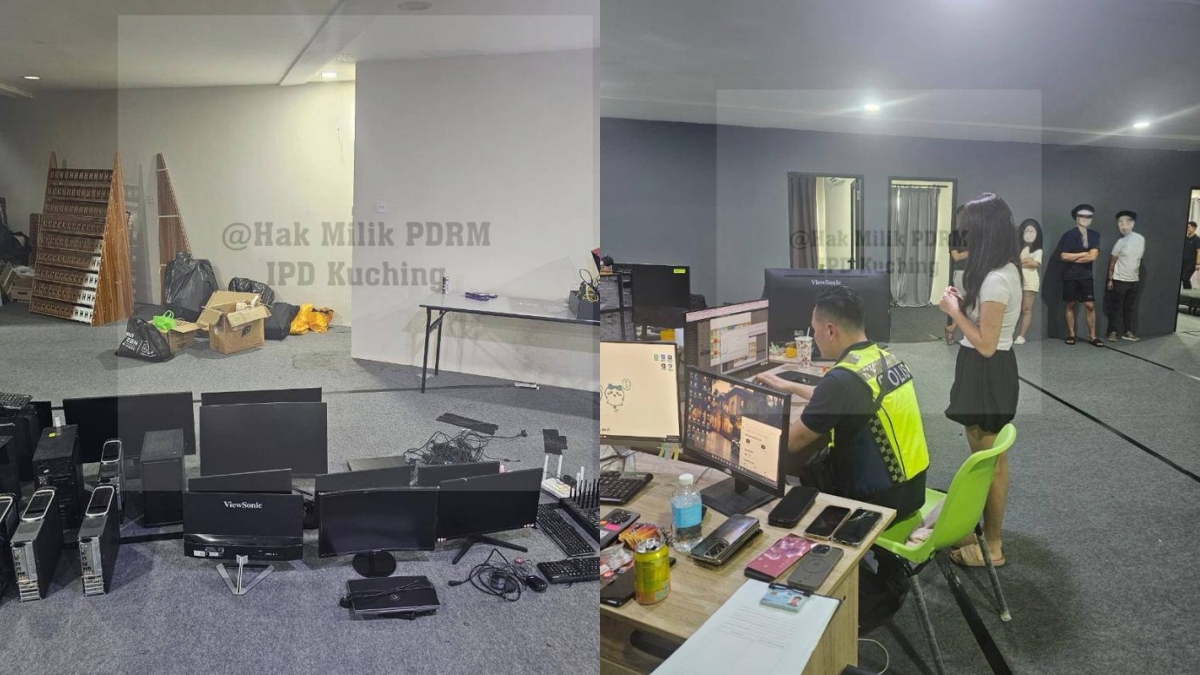Women’s rights groups reject Kelantan police chief’s call to prosecute underage girls in statutory rape cases
Malaysia’s women’s rights groups and child advocates have denounced a Kelantan police chief’s call to prosecute underage girls in statutory rape cases, warning it undermines child protection laws. The government and Human Rights Commission stress that such laws exist to protect, not punish, minors.

- Joint Action Group for Gender Equality (JAG) and other women’s rights groups in Malaysia condemned Kelantan police chief Yusoff Mamat’s suggestion to prosecute underage girls in statutory rape cases.
- Federal leaders and SUHAKAM reaffirmed that the law protects minors, who cannot legally consent to sex.
- The case renews calls for child-focused training and reforms in law enforcement to uphold children’s rights.
Women’s rights organisations across Malaysia have strongly criticised Kelantan police chief Yusoff Mamat’s suggestion that underage girls involved in “consensual” statutory rape cases should also face prosecution.
The Joint Action Group for Gender Equality (JAG), a coalition of 15 women’s rights organisations, said the comments reinforced harmful narratives that blame victims instead of protecting them.
It added that such views contradict the Child Act 2001, which prioritises the best interests of children in all legal and administrative decisions.
JAG stressed that under Malaysian law, children cannot legally consent to sexual activity, and that law enforcement officers should be sensitive to gender and child rights perspectives.
It called for mandatory training in child-centric and gender-sensitive approaches for all police personnel to prevent further victimisation of minors.
The controversy began on 21 September 2025, when Yusoff claimed nearly 90 per cent of statutory rape cases in Kelantan involved “consensual” sex between teenagers.
He later stood by his remarks, saying they represented his “personal opinion”.
Kelantan’s Deputy Menteri Besar, Mohamed Fadzli Hassan, supported the idea, saying it was unfair that only male offenders are punished.
The state’s mufti, Shukri Mohamad, also said the law should be reviewed to ensure “fair treatment for all parties involved”.
However, national leaders quickly distanced themselves from the statements.
Home Minister Saifuddin Nasution clarified on 23 September that the comments were Yusoff’s personal views and not government policy.
De facto Law Minister Azalina Othman Said reaffirmed that Malaysia’s stance remains unchanged: girls under 16 lack the legal capacity to consent to sexual activity.
The Office of the Children’s Commissioner (OCC) under the Human Rights Commission of Malaysia (SUHAKAM) issued a detailed statement on 24 September emphasising that statutory rape laws exist to protect children, not criminalise them.
It reiterated that Section 375(g) of the Penal Code is based on the principle that minors cannot provide valid consent.
According to the OCC, “even if a situation appears mutual, the law regards the girl as a victim.” The statement explained that the law recognises that girls below 16 are not physically, mentally, or emotionally mature enough to make informed decisions about sexual activity and are therefore vulnerable to exploitation.
The OCC further clarified that while male minors can be charged under juvenile justice principles, they are subject to rehabilitation and welfare-focused measures under the Child Act 2001, such as counselling or placement in approved institutions. Adult female offenders, however, may still face prosecution.
Statutory rape cases are investigated under Section 376 of the Penal Code and Section 14 of the Sexual Offences Against Children Act 2017. The offence carries a penalty of up to 20 years’ imprisonment and whipping for adults.
The issue has gained attention amid an increase in sexual offences involving minors. According to Bukit Aman’s Criminal Investigation Department, such cases rose by 202, or 11.8 per cent, in 2023 compared with the previous year.
JAG has urged the government to strengthen education, public awareness, and social protection systems to address the root causes of underage sexual activity. It also called for more systematic efforts to prevent sexual exploitation through community education and better enforcement of child protection laws.
Observers note that the controversy highlights broader tensions in Malaysia between conservative moral discourse and modern legal frameworks designed to protect children’s rights.
Kelantan, governed by the Islamist party PAS, has often been the centre of debates on gender and morality.
This is not the first time Yusoff has drawn criticism.
In July, he faced backlash for describing a health outreach event as a “gay party”, a claim refuted by organisers and health professionals.







